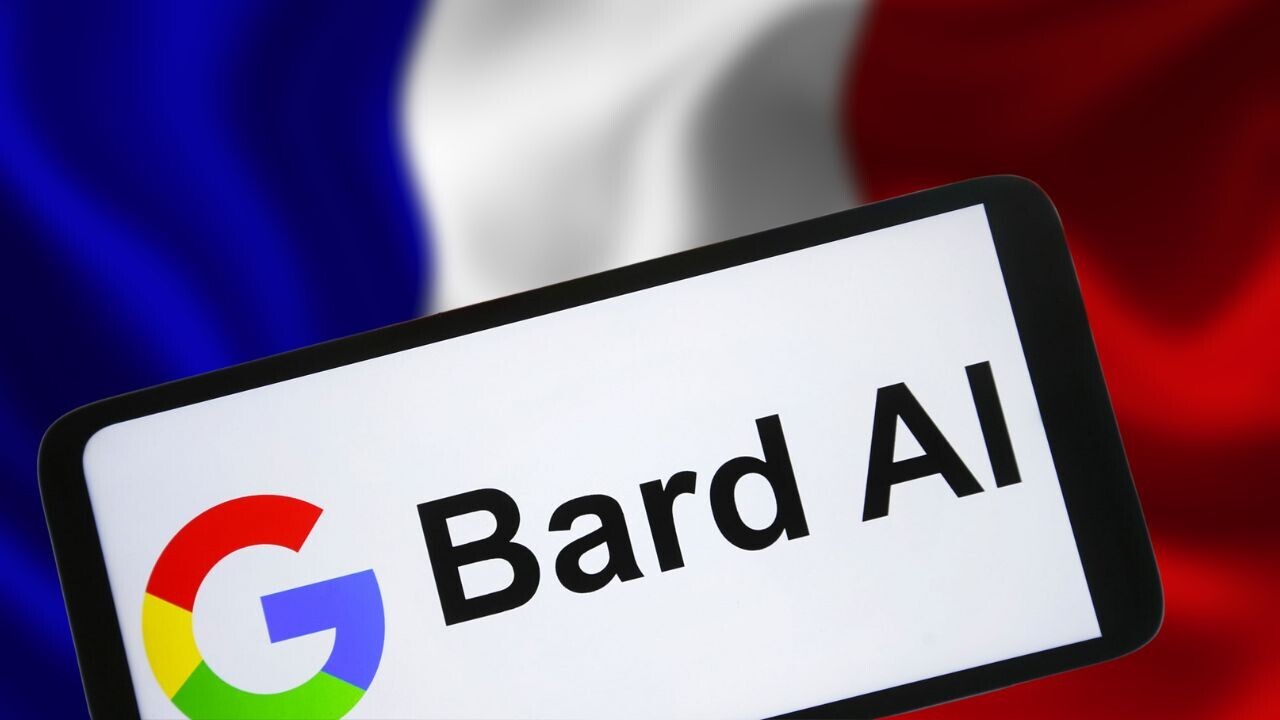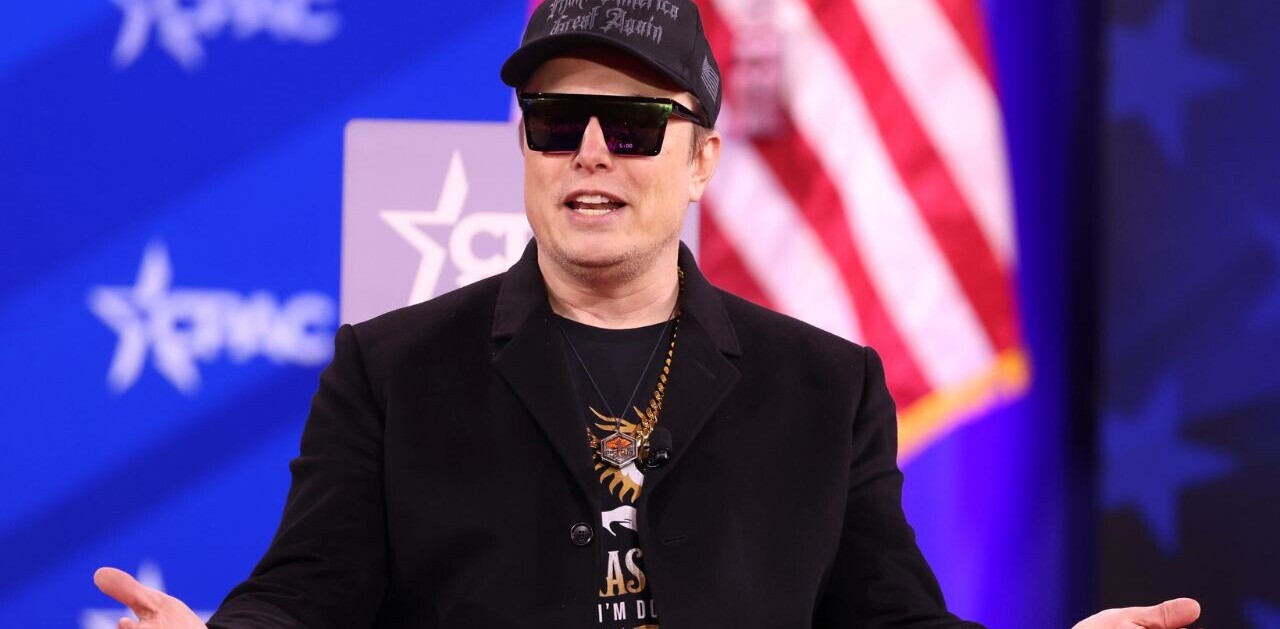
Google has been slapped with a €250mn fine for breaching EU intellectual property rules in how it deals with media publishers, including scraping news articles to train its AI models without permission.
The regulator found Google guilty of scraping content from news websites to train its chatbot Bard — now Gemini — without notifying publishers or the authorities. Google also didn’t provide a way for publishers to opt out, blocking them from possibly negotiating fair payment for the use of their stories.
The case is part of a five-year quarrel between Google and media publishers over the use of online content.
In 2019, outlets including Agence France-Presse (AFP) made several complaints against Google for reusing their stories in search results without paying for them, which they said impacted their ad revenue. Two years later, Google signed a 5-year deal agreeing to buy news from the AFP.
However, the French regulator still felt that Google was forcing publishers to run through hoops to reach such deals, and issued a €500mn fine. The tech giant then promised to make the remuneration process for publishers more straightforward.
But, surprise surprise — it didn’t — and has also been using these publishers’ articles to train Bard/Gemini in the meantime.
Last year alone, hundreds of pages of litigation and countless articles accused tech firms of stealing artists’ work to train their AI models. In December, the New York Times sued Microsoft and OpenAI, accusing them of using millions of the newspaper’s articles without permission to help train chatbots.
Despite the EU’s AI Act, which became law last week, there are still no regulations specifically protecting creators, many of whom are afraid that their work will be copied and reproduced without credit or payment.
And yet, there could be ways for the media to make a big bucks from the AI boom through deals like that signed between Axel Springer and OpenAI in December. The agreement, worth tens of millions of euros a year, will allow the ChatGPT creator to use content from titles such as Politico, Bild, and Business Insider.
Get the TNW newsletter
Get the most important tech news in your inbox each week.





